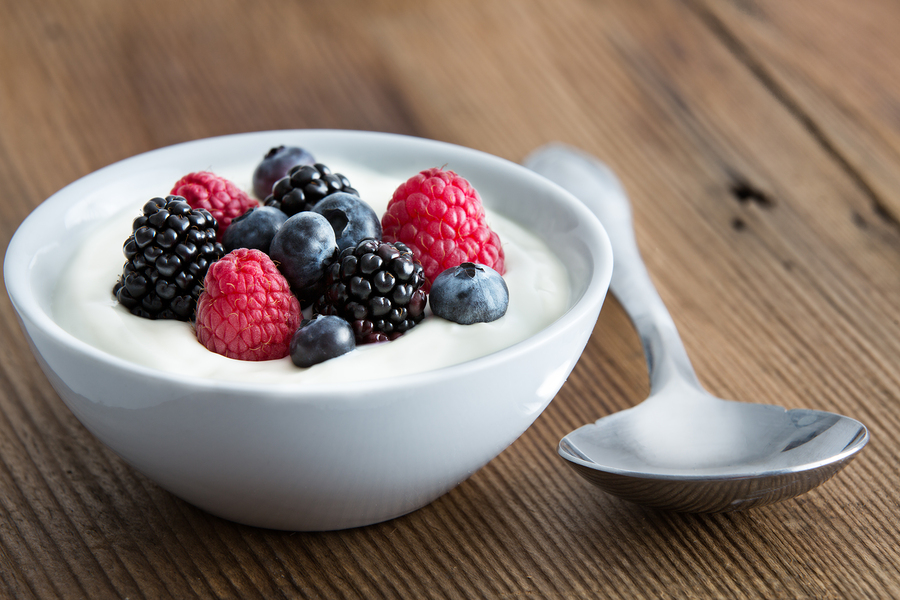The Things to Know About Probiotics
Over the last few years probiotics have become somewhat of a health buzz word, we see the name on billboards and countless adverts but very little is said about what they really are and how they can affect our bodies.
So if you’re looking for a healthy start to 2015, they may just give you the kick you’re looking for. Here’s the rundown on the things to know about probiotics.
What they are
Probiotics, often referred to as “good” or “friendly” bacteria, are live micro-organisms and yeasts that are said to improve health and combat various illnesses. As the term bacteria generally has a negative stigma, the concept of bacteria being beneficial to our health can seem strange at first. However, our digestive systems can contain up to 500 individual and separate strains of naturally occurring probiotics at any given time.
Even with all these forms of good bacteria already present in our systems, experts believe that infection and the use of antibiotics can remove some of them. The aim of probiotics is to rebalance this problem and maintain the healthy amount of micro-organisms in our systems which in turn can help our digestive system while also helping to fight off illness.
Where we can find them
There are many sources of good bacteria and they can be found in many products both naturally and created specifically for a probiotic diet.
Yogurts, cheeses, soy and acidophilus milk contain huge amounts of probiotics, as do miso soup and pickles. Most food labels list the strains of probiotics contained in the product, however this information is not always as detailed as you may require.
Probiotics are officially classified as a food product and not as a medicine, which means that food packaging does not list detailed information regarding its probiotic content. This can make it difficult to find out exactly what strains and what quantity of probiotics each food product contains.
Supplements and tablets can be a better choice as they will contain the most useful strains for a balanced intake, whilst also listing and regulating the amount. However, you do lose other positive benefits such as vitamins and proteins that the foodstuffs may also contain.
What they can help with
The health benefits of using Probiotics has become polarizing in medical fields, with many experts believing that probiotic products have very little benefit, and some even believing they have none at all. In 2010 any claims that probiotics “boost your immune system” were proven to have no scientific backing and it became illegal for the term to be used in regards to products.
However, a vast amount of research does show that it can have a positive effect on many illnesses including Clostridium Associated Disease, Pouchitis and Stomatitis and can ease both infectious and antibiotic- associated diarrhoea.
There is little scientific evidence that probiotics do anything to help with Irritable Bowel Syndrome or Crohns disease, which was originally believed.
Much of this debate with probiotics is down to how relatively new they are to the market and how little research has been conducted so far, but if you are interested in introducing them into your diet you should consult your GP or nutritionist if you have any specific questions or issues.
What are your thoughts on a probiotic diet?
Rachel - Silversurfers Assistant Editor
Latest posts by Rachel - Silversurfers Assistant Editor (see all)
- Religious Christmas Carols Playlist - December 17, 2024
- Classic Christmas family films - December 16, 2024
- Find craft inspiration from the best Martha Stewart videos - December 2, 2024
- Tips for an eco-friendly Christmas - November 23, 2024
- Get Ready for Stir-up Sunday - November 22, 2024




















